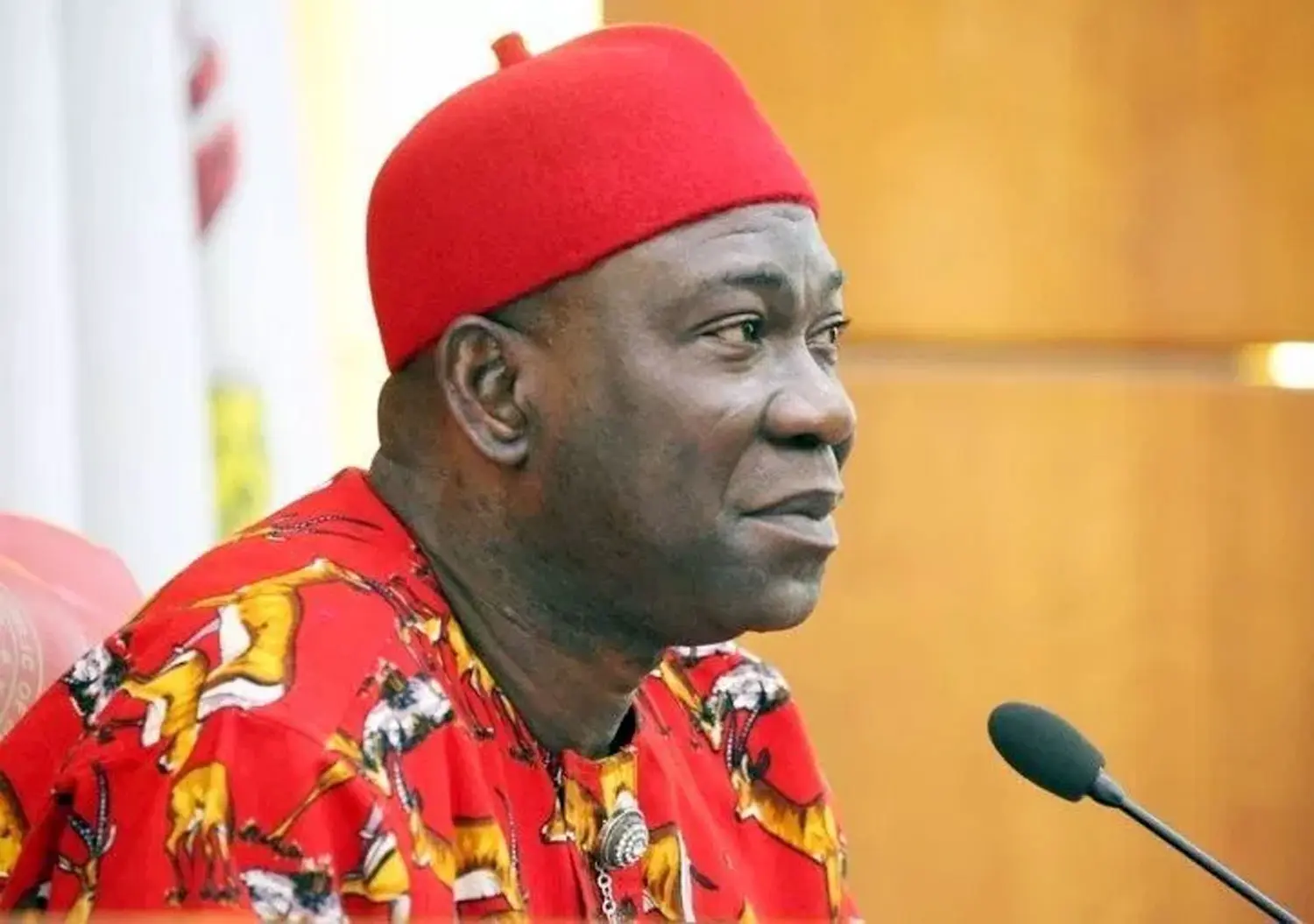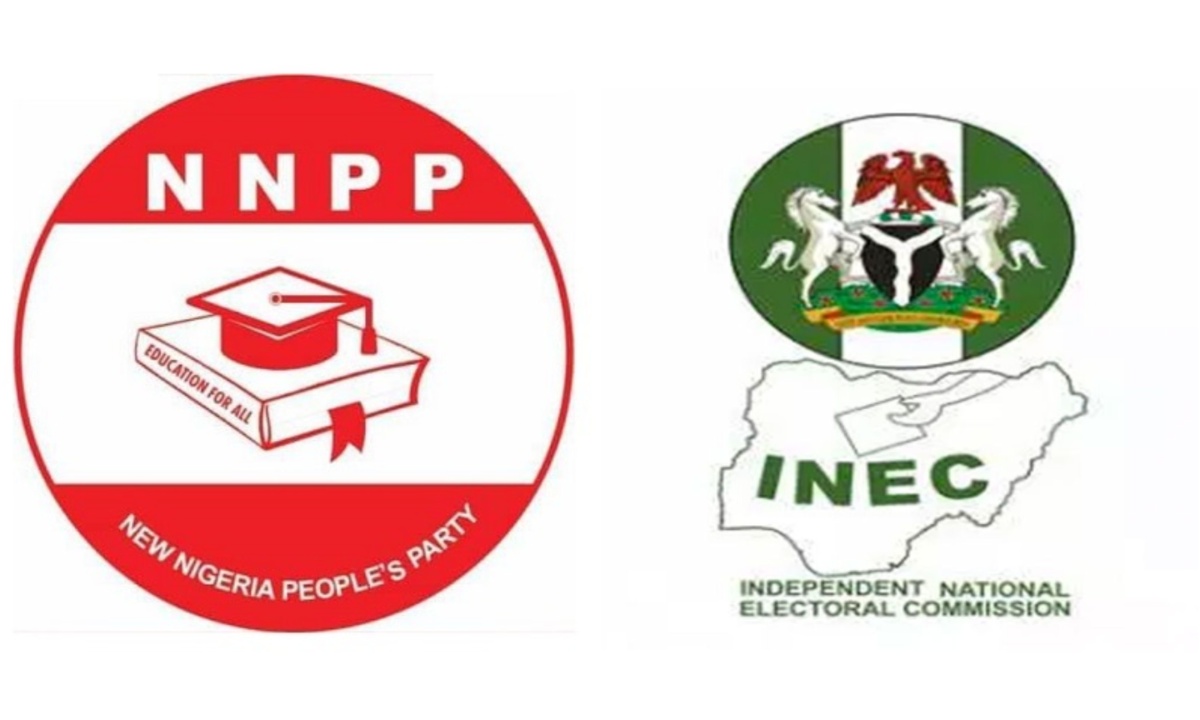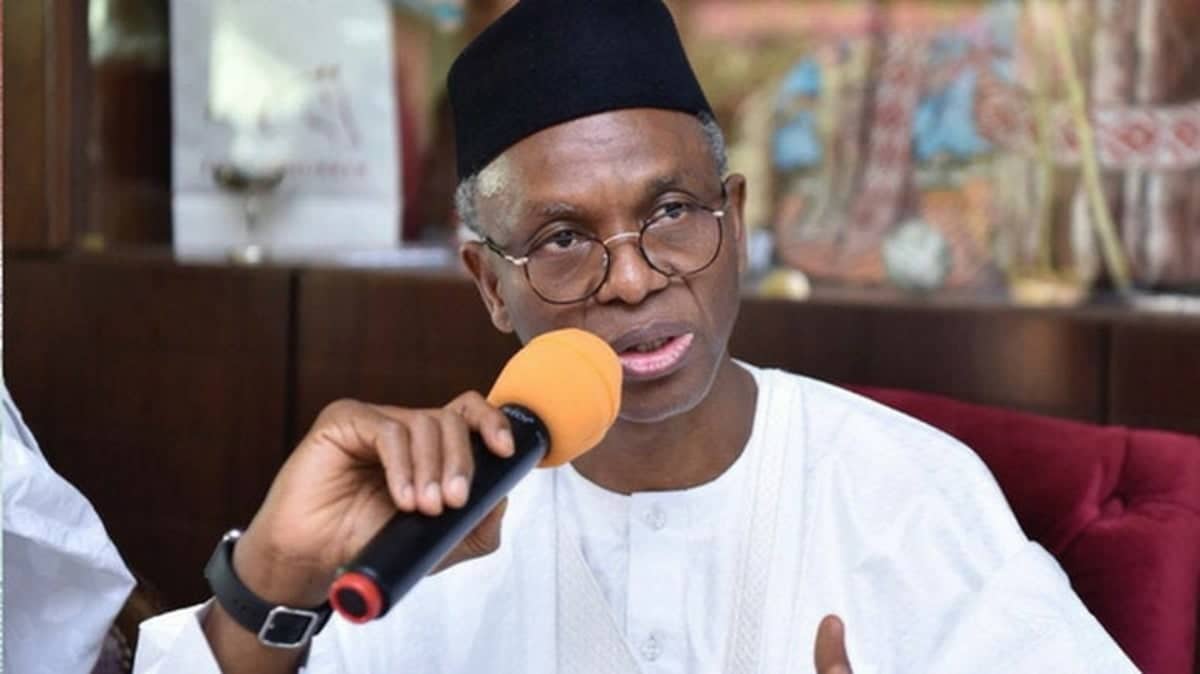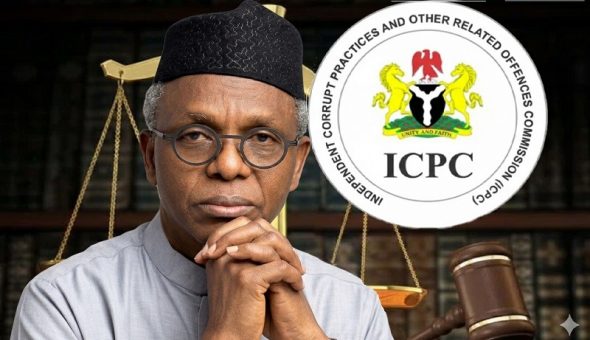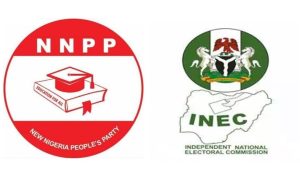EFCC responsible for my troubles in London — Ekweremadu tells Court
Former Deputy Senate President Ike Ekweremadu accused the Economic and Financial Crimes Commission (EFCC) of being responsible for his troubles in the London court where he is detained on Thursday in the Federal High Court in Abuja.
The Senator, who has been detained in London in connection with an alleged organ harvesting scandal, informed the Federal High Court that the anti-graft agency filed a letter to the London Court, prompting the foreign court to deny him release.
Ekweremadu’s accusations were contained in an application he filed before a Nigerian court seeking an injunction to set aside an interim decision made in favour of the Federal Government seizure of 40 of his properties in Nigeria and abroad.
Ekweremadu stated in his plea, filed by his attorney, Chief Adegboyega Awomolo SAN, that the forfeiture order was awarded to the Federal Government in mistake because the EFCC concealed information and facts about the assets.
The jailed Senator specifically claimed that the EFCC improperly secured the forfeiture judgement for the government by hiding the fact that the inquiry into the 40 properties began in 2008.
Among others, he contended that the EFCC was well aware that he was in jail in London when the motion for seizure of the properties was submitted and debated.
He said that the anti-graft organisation purposefully chose not to inform the court of his imprisonment in London so that they could not challenge the request for forfeiture.
The Senator consequently requested that the forfeiture order be reversed and that the case’s proceedings be put on hold until he is finished with his suffering with the London Court.
Silvanus Tahir, the EFCC’s attorney, disputed that his client was responsible for Ekweremadu’s suffering.
He did, however, acknowledge that the EFCC wrote the London Court in response to a particular request and said that sharing information that might be useful to one another was usual for anti-graft organisations.
Tahir vigorously opposed the plea to set aside the forfeiture order but did not object to the request for a stay of the proceedings until Ekweremadu had properly settled his case before the London Court.
After hearing the arguments from the parties, Justice Inyang Edem Ekwo set the date for the decision as January 11 of the following year.
The court had on Friday, November 4 ordered the temporary confiscation of 40 lands associated with Ekweremadu in several regions of the nation and abroad.
Following an ex-parte motion filed and brought by Ibrahim Buba, counsel for the EFCC, Justice Ekwo delivered the decision.
The anti-graft agency was given a seven-day deadline by Justice Ekwo, who approved the request, to publish the interim forfeiture order of the property in a national daily.
Anyone with a stake in the forfeited property was required by the judge to explain, within 14 days of the interim forfeiture order’s publication, why the property shouldn’t be permanently forfeited to the federal government.
Ten homes are in Enugu, three are in the United States, two are in the United Kingdom, one is in Lagos, nine are in Dubai, United Arab Emirates, and fifteen are in the Federal Capital Territory.
